West is pushing us into China’s embrace, says Russian envoy
Top diplomat says Russia seeks new ties with Beijing as both face common tensions with western allies.
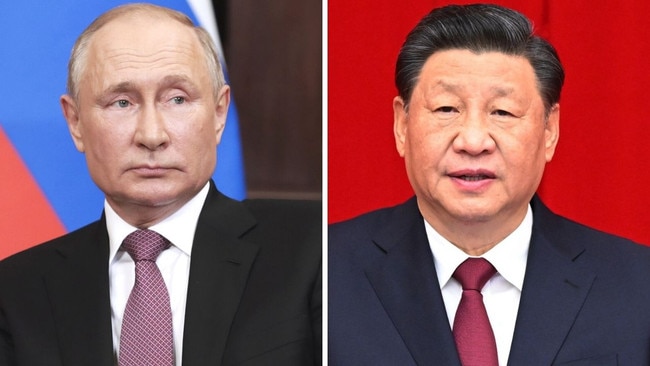
Russia is seeking to forge new ties with China as both nations face common tensions with western allies, according to Moscow’s top diplomat in London.
Andrei Kelin blamed the West for pushing the two countries together and suggested they would grow closer still if they continued to feel threatened.
The ambassador said the Kremlin wanted to boost economic co-operation with its “promising partner” Beijing, which would include sending more gas and oil to China.
He dismissed suggestions Russia would be concerned about the cancellation of the Nord Stream 2 pipeline, built to carry gas from Siberia to Germany, saying that it was private companies and Europeans who would “lose” if the $US11 billion project were blocked.
Asked in an interview at his west London residence whether he was worried the pipeline would not go ahead, Kelin laughed and said: “Not at all.”
Troops massed on border
More than 100,000 Russian troops and tanks are massed on Ukraine’s border. Western intelligence officials believe that number could nearly double over the next two to three weeks. A force ready for a full-scale invasion of the country could be ready by mid-February, but a smaller incursion could be launched at any point.
Kelin, 64, was speaking in the library of his home, with a bronze bust of President Putin behind him. Books included The View from the Kremlin, by Boris Yeltsin, the former president who, along with his inner circle, handpicked Putin — a former KGB officer — to lead Russia. There was also a collection of speeches by Putin and books on Winston Churchill.
On a tour of the “winter garden room”, where one of his predecessors welcomed Churchill in May 1945, and where his wife, Irina, tends the flowers, he noted that Britain and Russia had a “long history of friendship” but added: “We now have the best relationship with China — the best period probably in our relations.
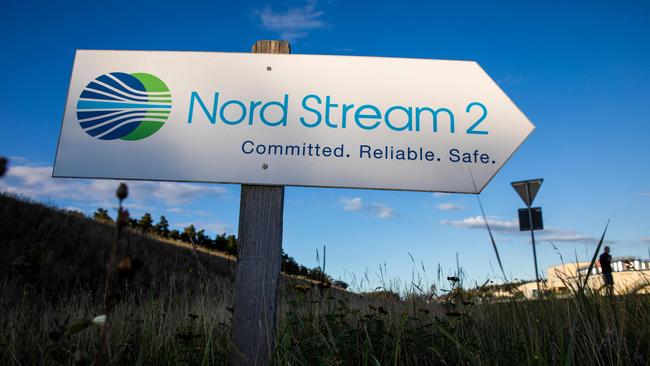
“The more pushes we will experience … China is experiencing the same pushes from the NATO allies, especially from the United Kingdom and the United States — and I am sure they are pushing us to be closer,” he said.
He contradicted beliefs held in the UK government that the pipeline could be used as “leverage” to stop an invasion.
Ben Wallace, the defence secretary, said on a visit to Berlin last week: “I think Nord Stream 2 is one of the few chips that can make a difference.” Hours later the US threatened to halt the opening of the pipeline, without explaining how. Germany only said it would not rule out imposing sanctions on the project.
“It hurts both sides,” said a senior defence source, adding: “Russia’s economy cannot take as big a hit as the Europeans can.”
Pipeline to better relations
Asked how Russia’s relationship with Beijing would develop, Kelin said: “First it will be much more economic co-operation. I can say in terms of supplying gas and oil to China, China is a very willing partner because it has a huge market and it needs quite a lot of it.”
The Moscow-born father of two and grandfather of five said that increasing the number of gas pipelines to China rather than to Europe would be “much more profitable, stable and calmer for us than dealing with this pipeline”.
Russia has one pipeline to China and another signed off, and wants to “continue to build it up”, he said.
“China is a very promising partner in this economic activity,” he said, adding that the market was “enormous”.
Asked what he believed the cost would be to Europe if it cancelled Nord Stream 2, Kelin said: “It is Europe who should calculate it.”
Kelin’s comments provide an insight into Putin’s plans for the deepening of the two countries’ relationship. They will cause consternation among western allies, who have not been convinced there is a strategic relationship between the two nations. One diplomatic source pointed to the fact that they were ideologically different, and worlds apart financially. “China doesn’t see Russia as an equal partner,” the source said.
According to recent data from China’s General Administration of Customs, trade between China and Russia soared to a record dollars 146.88 billion last year – up 36 per cent on 2020.
Western allies are watching the relationship closely, with one British diplomat pointing to frequent meetings between Putin and President Xi.
Keir Giles, a senior consulting fellow on the Russia and Eurasia program at Chatham House, said Moscow had told itself the “era of western liberal democracy is fading, and Russia represents a return to a more normal and natural order”. However, he said Russia was “deluded” in thinking that China was not a problem. “China will tolerate Russia for as long as it feels it needs to, or gains advantage from the relationship. But there is little doubt that as soon as Russia becomes troublesome, it can be swatted aside by Beijing,” he said.
The Sunday Times

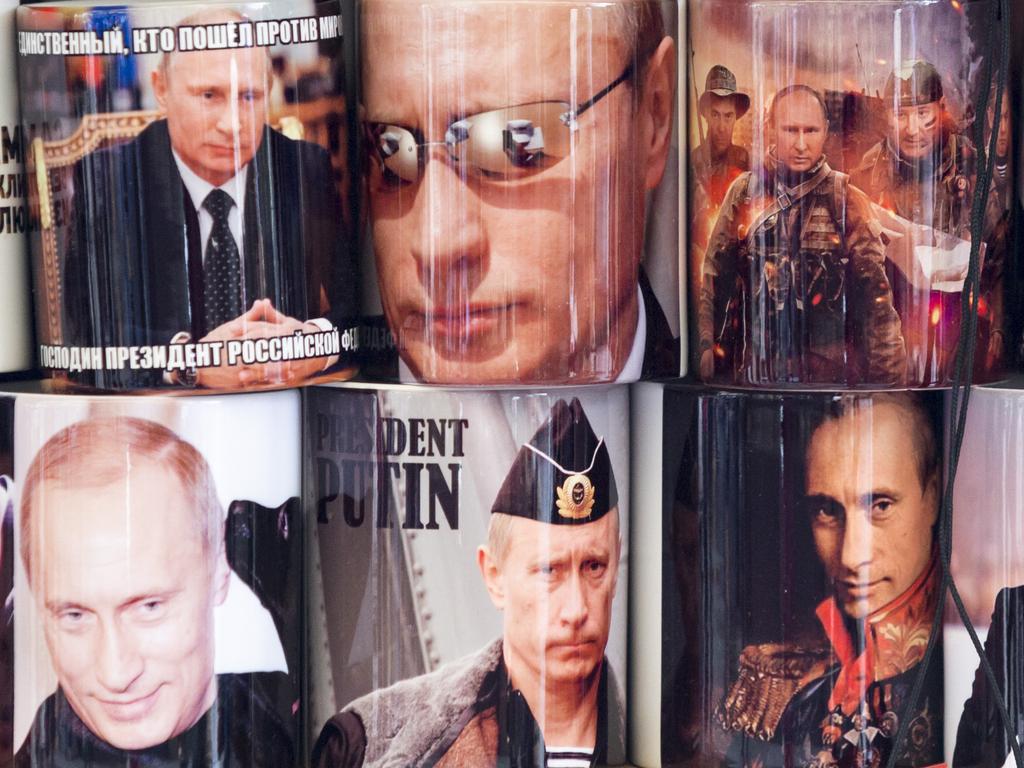


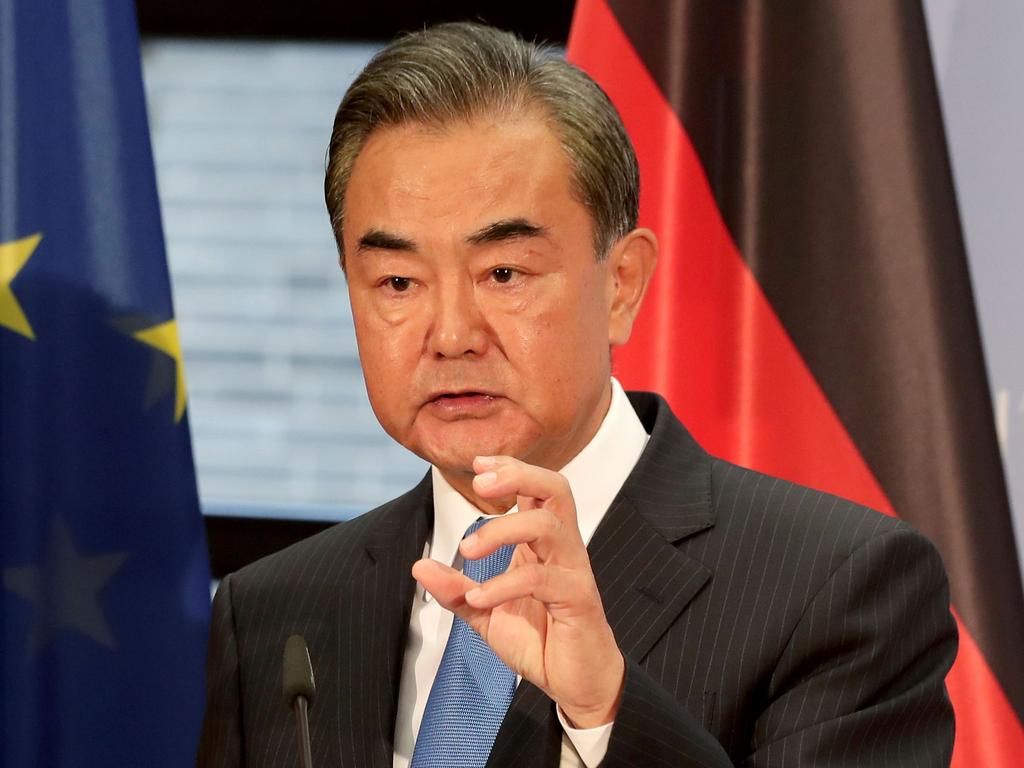

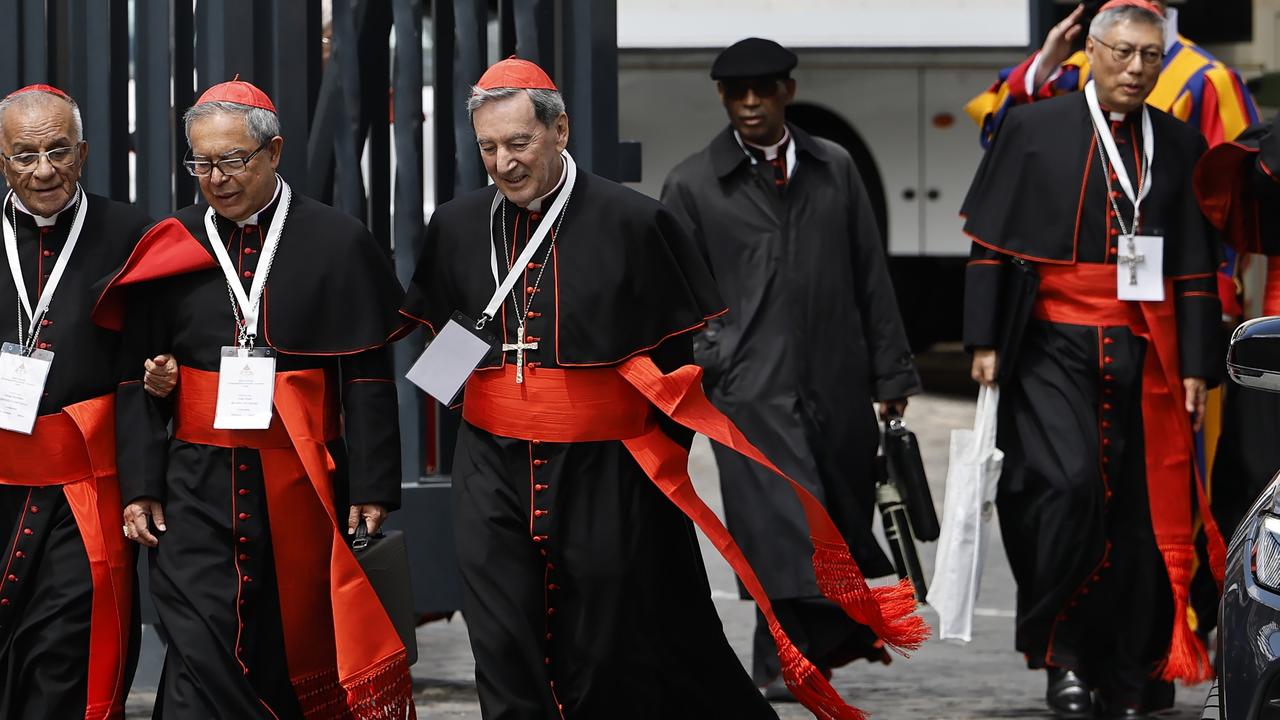
To join the conversation, please log in. Don't have an account? Register
Join the conversation, you are commenting as Logout